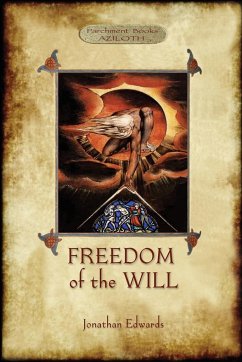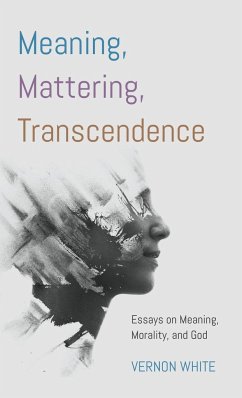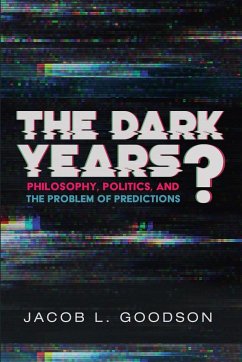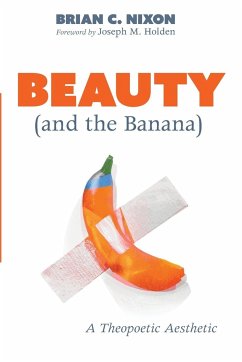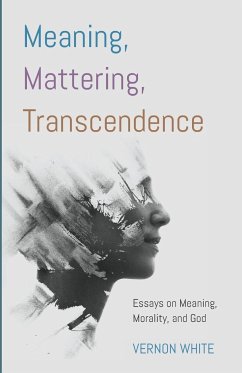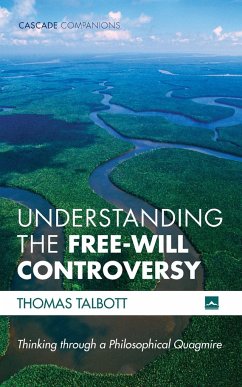First published in 1754, Jonathan Edwards' rightly famous theological classic considers human Free Will and its many important philosophical implications. Do we indeed possess Free Will? If 'Yes', how then can God have knowledge of future events?; and if the answer be 'No', can humans ever be justly punished for their evil actions which are, by definition, predestined by God's Will? Edwards' penetrating analysis of the topic opens up a whole range of additional, deeply significant concepts and queries: How does God's foreknowledge of all events impact our concepts of morality: what constitutes sin? Does intent alter the value of our acts of vice and virtue? Can the Deity do evil? Edwards argues that God's foreknowledge demands determinism, and that while the human will cannot therefore be fully autonomous, humans still possess the ability to sin or to refrain from sinning. God seeks the greatest possible good, allowing sin's existence only in order to achieve this laudable end. 'Freedom of the Will' established Jonathan Edwards as the greatest American philosopher of his time. Still controversial, and hotly debated in the 21st century, this absorbing work continues to stimulate and challenge modern readers.
Hinweis: Dieser Artikel kann nur an eine deutsche Lieferadresse ausgeliefert werden.
Hinweis: Dieser Artikel kann nur an eine deutsche Lieferadresse ausgeliefert werden.

